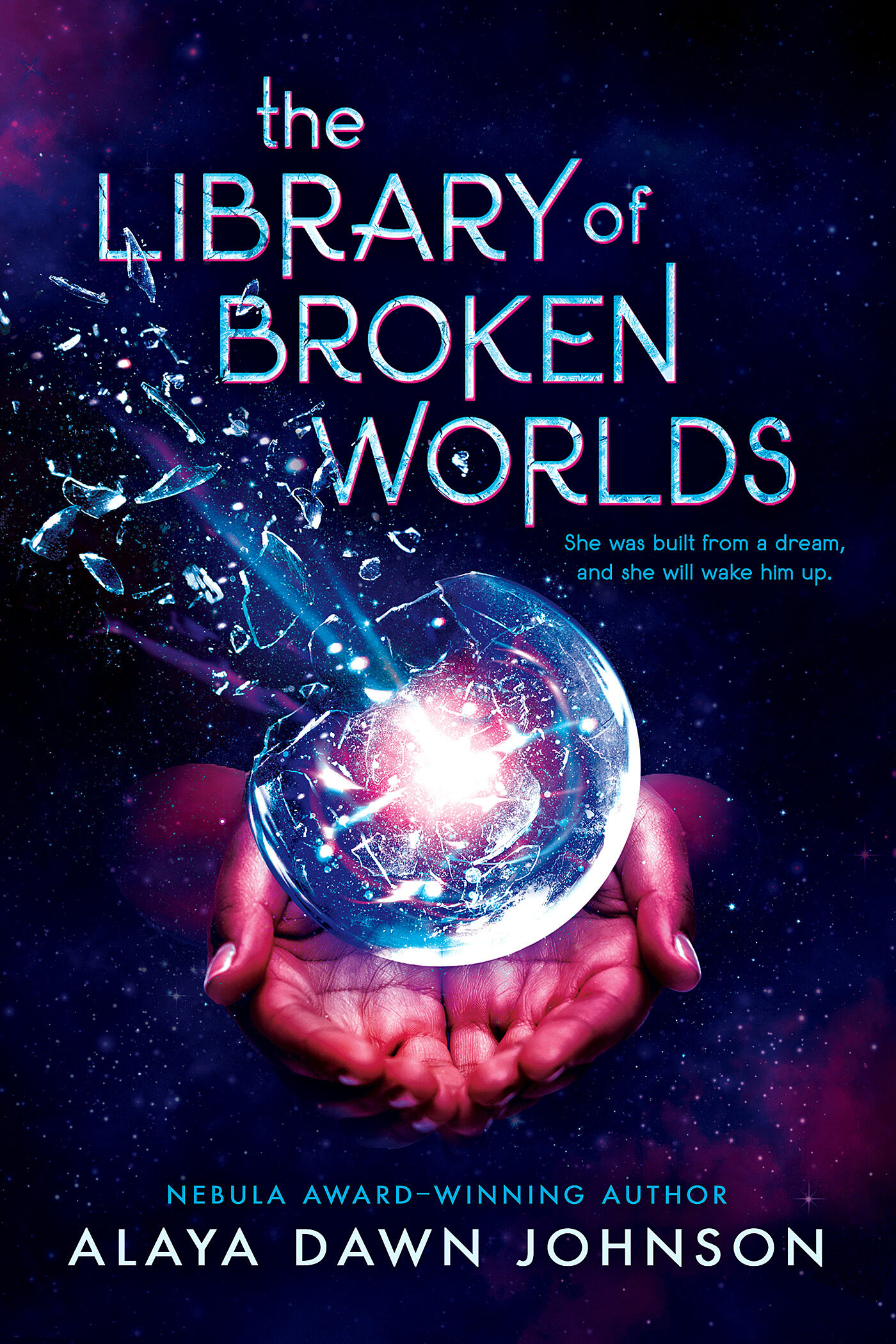What do you think?
Rate this book


448 pages, Hardcover
First published June 6, 2023
AI? Or human? Freida has been brought up in the Library of four worlds since she was a foundling, and wants nothing more than to become a Librarian. But she struggles as a postulant, plus war threatens. Freida takes on a mission to undo one of the gods, telling him her story before she does so.